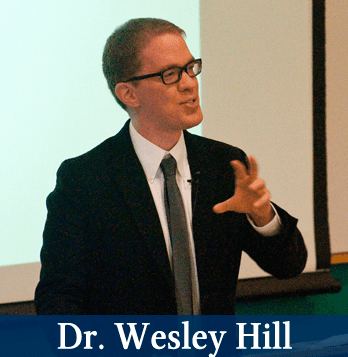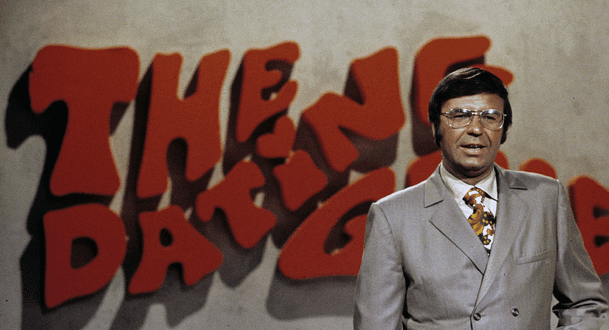 A good reading in the history of friendship makes manifest that friendship, probably most especially in the 20th Century, has changed dramatically. If one reads, for instance, the great two chapters on friendship by Aristotle in his Nicomachean Ethics, or the essays and letters on friendship by Cicero, one sees that friendship was a much-discussed and prized virtue. In fact, it can be said accurately — so far as I know the history — that males had male friends and women had women friends, and having one’s spouse as one’s best friend is largely a 20th Century phenomenon.
A good reading in the history of friendship makes manifest that friendship, probably most especially in the 20th Century, has changed dramatically. If one reads, for instance, the great two chapters on friendship by Aristotle in his Nicomachean Ethics, or the essays and letters on friendship by Cicero, one sees that friendship was a much-discussed and prized virtue. In fact, it can be said accurately — so far as I know the history — that males had male friends and women had women friends, and having one’s spouse as one’s best friend is largely a 20th Century phenomenon.
I’ll stop at that point to begin a series on Wesley Hill’s very good new book Spiritual Friendship: Finding Love in the Church as a Celibate Gay Christian (Brazos, 2015). There a number of ideas in this book, not least the “vocation” Hill discusses because he is gay and celibate and how that shapes his relations with other males. More of that in a later post, but do not be mistaken: this book is about friendships regardless of one’s sexual orientation.
And his book is an appeal for us to recover the lost art and even interest in the significance of friendships — in the church and in society:
And that’s how I found myself praying for friendship that night in my priest’s living room [when asked for one word that could focus his prayer requests]. Now, I’m praying for it not just for myself but also for others—single, married, gay, straight, and otherwise—in the church todav. I’m convinced that all of us could benefit from a recovery of friendship as a genuine lo¬ ve in its own right. We’ve largely forgotten it, but I’m praying w can find it again (22).
Early in the book Wes Hill discusses the changing face of friendship and how Christians have somehow learned to devalue friendship (philia) in favor of love of all (agape), thanks in part to C.S. Lewis’ (at times artificial) distinctions. This is only one of the contributing factors to the demise and diminishment of the significance or ordered and even vowed (eternal) friendships. What are the challenges to friendship in our world? He discusses five:
1. Freud: he points his finger most at Freud for eroticizing relationships. Today, and here he is the point, when we see two males develop a relationship that involves lots of time and even sacrifice for one another, or if two females go on a vacation together — two unmarried females — many today will raise an eyebrow and offer a cough or two to wonder, suggest, imply or accuse of some kind of homosexual relationship. Why? Because (Hill is arguing) of Freud’s eroticizing of all relationships.
This, so it goes, casts all same sex relationships into the shadow of the erotic and therefore minimizes them.
2. Marriage and the nuclear family have been radically centralized as the ultimate relationship — thereby, too, diminishing the significance of same sex friendships or friendships in general. He calls these diminishments “myths.”
3. Biological evolutionists of some sorts contend all relationships are about “hardwired self-interest” and this too diminishes the ultimate value of friendship.
4. The increased attention to vocation or our work has made usefulness and value all about work and labor and money. Friendships take time and get in the way of labor.
5. Freedom: the less encumbered we are, the less obligation and responsibility, the happier we are … thus, friendships, which entail obligation and restriction, diminish freedom.
Question: What do you see challenging you the most about friendships?












